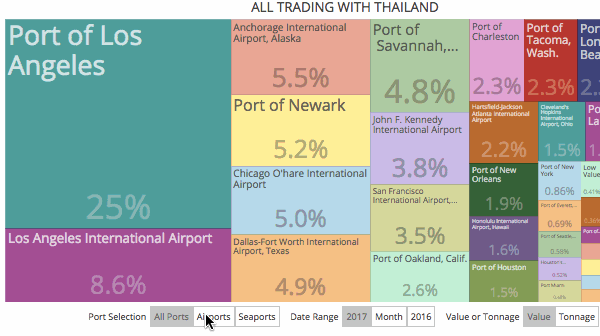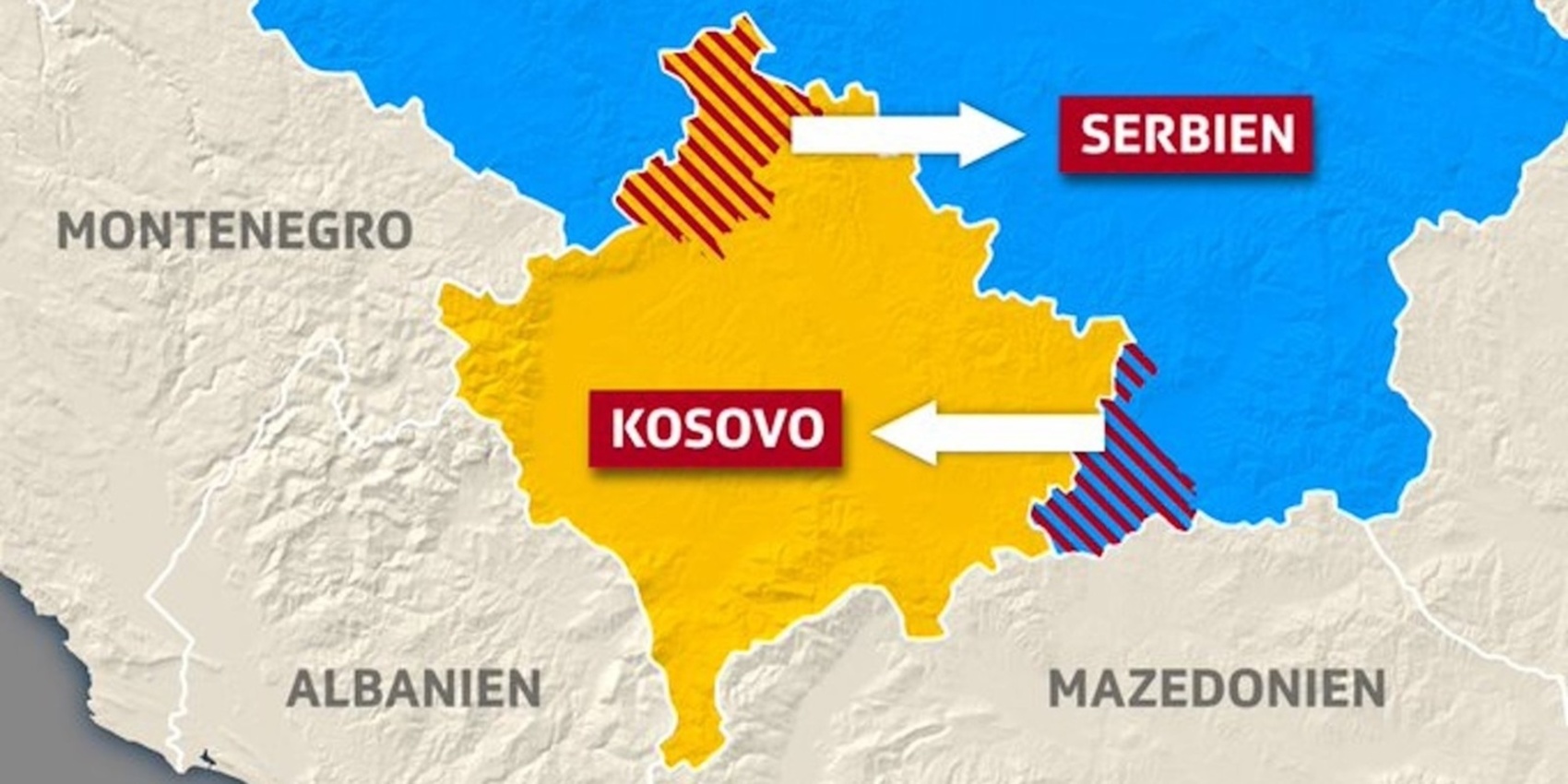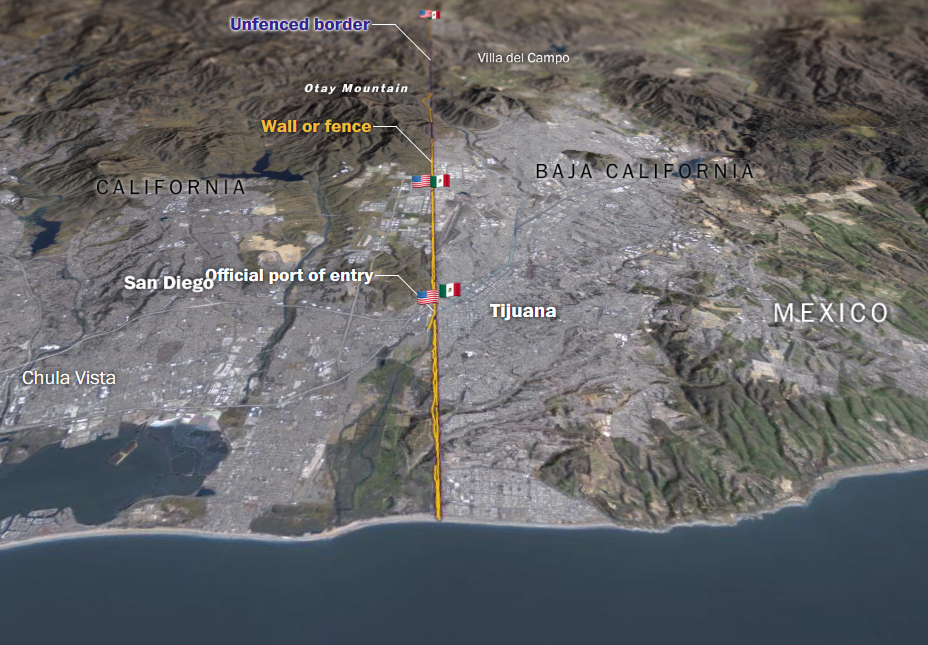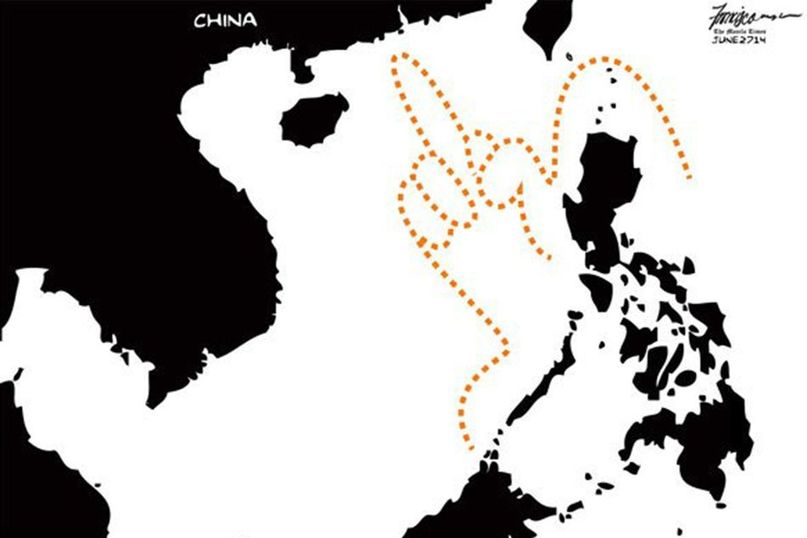“In 1967, the residents of US-Mexico border town Rio Rico discovered they weren’t Mexican citizens but were actually American. For years it was assumed Rio Rico was part of Mexico, because it lay south of the river that forms the US-Mexico border. During the Prohibition era, the town became known as a place US citizens could go to freely drink and gamble. However, prior to 1906, Rio Rico actually lay to the north of the river and was therefore American territory.”
Rivers, mountains, and deserts around the world act as border between countries. But what happens when the river changes course? Large changes are rarely, but an example like the Chamizal in Texas has changed hands based on the the river channel deviating its course.
The border changes as the river changes, with a big exception. The exception being when the river flow is unilaterally altered…and that is exactly what happened with Rio Rico. This great historical map shows the meanders and the Horcon tract (419 acres) that was artifically cut off from the United States by a U.S. irrigration that never told the residents of reposted the old markers for the border. This lead to fascinating little history as told in the video above.









